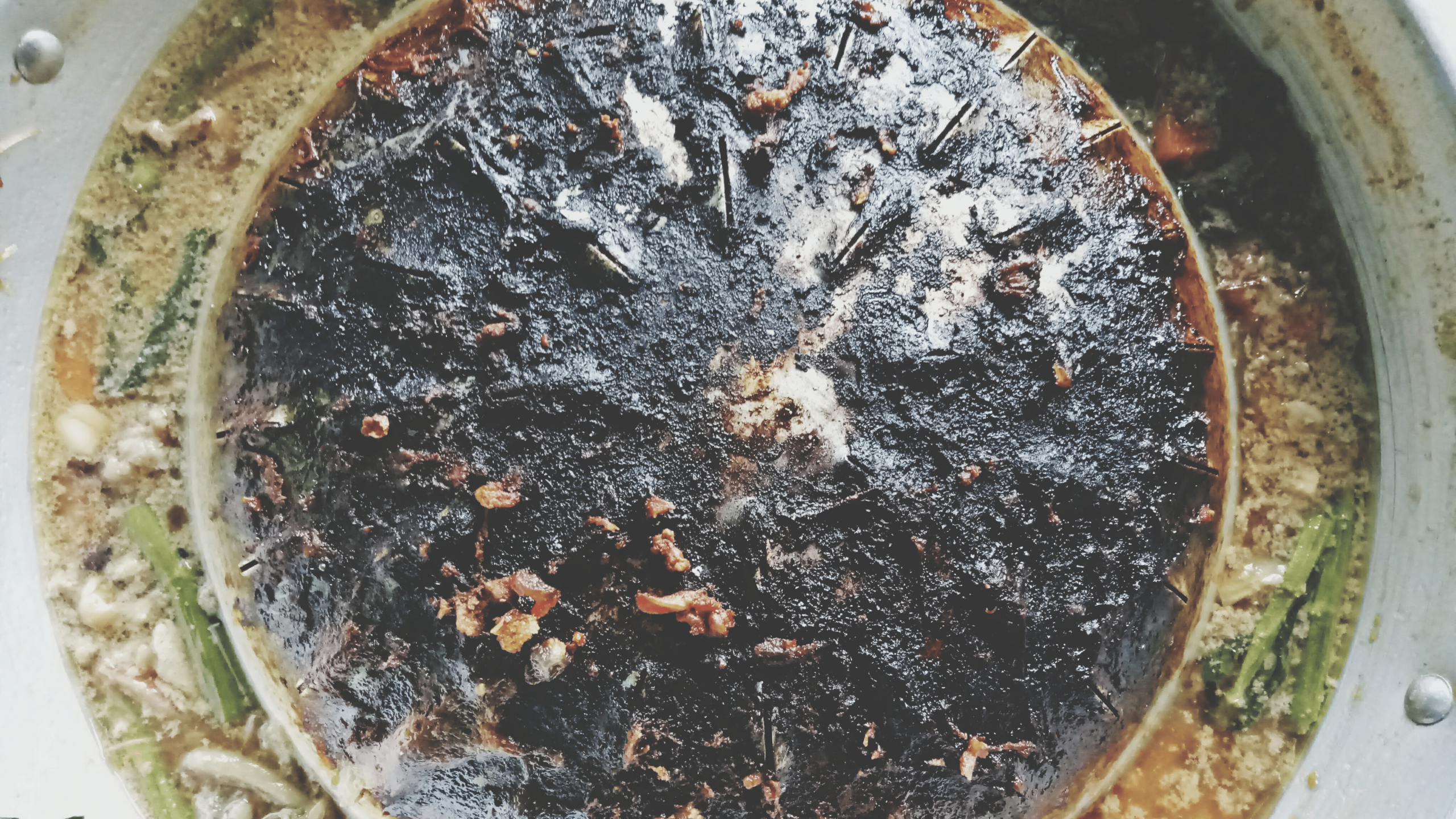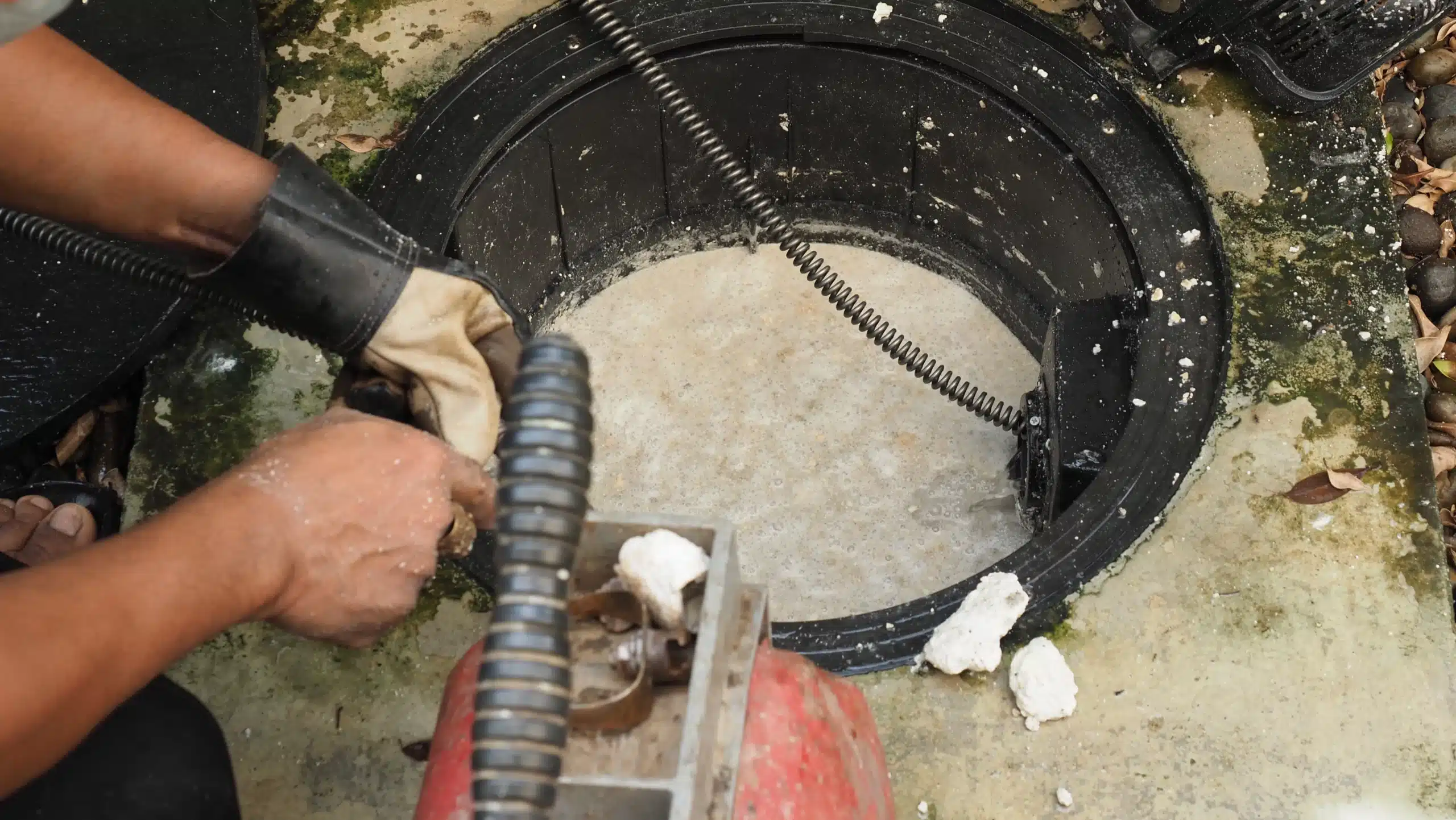Introduction
Every year, households and food service establishments generate thousands of liters (1,000 L ≈ 264 gal) of leftover cooking oil. Without proper disposal, this oil can clog drains, pollute waterways, and harm wildlife. Fortunately, Used Cooking Oil Collection and recycling programs offer an eco friendly solution. In this post, we’ll explore how partnering with a reputable Cooking Oil Recycling Company benefits communities, businesses, and the planet—and why Recycling Used Cooking Oil is more important today than ever.
Environmental Benefits
1.1 Preventing Water Pollution
When poured down drains or discarded improperly, cooking oil can enter sewer systems, leading to blockages and overflows. These blockages force untreated wastewater into rivers and oceans, threatening aquatic life. Proper Used Cooking Oil Collection intercepts these oils before they reach wastewater treatment plants, dramatically reducing water pollution.
1.2 Reducing Greenhouse Gas Emissions
Leftover oil in landfills decomposes anaerobically, emitting methane—a greenhouse gas over 25 times more potent than carbon dioxide. By diverting oil to a Cooking Oil Recycling Company, you help convert waste into biodiesel and other byproducts, cutting the lifecycle carbon footprint significantly.
1.3 Conserving Natural Resources
Vegetable and animal oils are derived from crops and livestock that require land, water, and energy to produce. Recycling Used Cooking Oil into fuels and industrial feedstocks reduces demand for virgin feedstocks. This conservation of natural resources translates to fewer pesticides, lower water use, and reduced habitat conversion for agriculture.
2. Economic Advantages
2.1 Turning Waste into Revenue
For restaurants and caterers, used cooking oil is not just a disposal problem—it’s a potential revenue stream. Many Cooking Oil Recycling Companies pay for high-grade used oil (e.g., 1,000 L/264 gal batches command better rates), offering businesses extra income while solving disposal headaches.
2.2 Lowering Waste Management Costs
Improper disposal can lead to costly plumbing repairs and potential fines from municipal waste authorities. Engaging in structured Used Cooking Oil Collection programs often comes with scheduled pickups and standardized containers, reducing labor and maintenance costs.
2.3 Supporting Green Industries
The biodiesel and oleochemical sectors thrive on reliable supplies of recycled oil. By participating in Recycling Used Cooking Oil, businesses help sustain local green jobs, from collection drivers to refinery operators.
3. Health and Safety Improvements
3.1 Preventing Slip Hazards
Residual oil poured into trash bins or left pooling near drains creates slippery surfaces in kitchens and back of house areas. Consistent Used Cooking Oil Collection keeps workspaces safer, reducing accident risk for staff and visitors.
3.2 Mitigating Fire Risks
Storing large volumes of used oil onsite can pose fire hazards if improperly contained. Many Cooking Oil Recycling Companies provide fire resistant collection bins and adhere to safety protocols during transport, lowering the risk of oil related fires.
3.3 Ensuring Regulatory Compliance
Food service businesses face stringent local and federal regulations regarding waste disposal. Partnering with a certified Cooking Oil Recycling Company guarantees proper record keeping and disposal manifests, shielding establishments from fines and legal complications.
4. Community and Social Impact
4.1 Promoting Corporate Responsibility
Consumers increasingly favor brands that demonstrate environmental stewardship. Highlighting your commitment to Recycling Used Cooking Oil in marketing materials and social media fosters goodwill and strengthens brand reputation.
4.2 Educating the Public
Community outreach—school visits, local fairs, and social campaigns—can raise awareness about the havoc of improper oil disposal. Engaging in educational initiatives alongside your Cooking Oil Recycling Company amplifies impact and empowers residents to recycle at home.
4.3 Enabling Local Sustainability
Collected and recycled oil often fuels municipal vehicles or powers community facilities. By supporting local Used Cooking Oil Collection schemes, you help keep energy dollars within the community, boosting local economies and resilience.
5. The Recycling Process Explained
- Collection & Storage
- Businesses use sealable, grease-proof containers provided by a Cooking Oil Recycling Company.
- Collection frequency depends on volume—weekly for high-throughput kitchens (e.g., 1,000 L/264 gal per week), monthly for smaller venues.
- Transportation & Pre-Treatment
- Trucks equipped with pumps and filtration units load oil onsite.
- Initial straining removes food particles and water.
- Processing & Refining
- At the recycling facility, oil undergoes further filtration and degumming.
- Transesterification (for biodiesel) or refining (for industrial feedstocks) converts waste oil into usable products.
- End-Product Distribution
- Biodiesel blends fuel for transportation fleets.
- Glycerin and other byproducts serve in cosmetics, pharmaceuticals, and animal feed.
6. Choosing the Right Cooking Oil Recycling Company
- Certification & Compliance: Ensure your provider adheres to ASTM standards for biodiesel and holds necessary environmental permits.
- Transparent Pricing & Fees: Look for clear payment structures—per gallon rates, pickup fees, and any minimum volume requirements.
- Service Flexibility: A full-service Cooking Oil Recycling Company offers tailored pickup schedules, emergency collections, and swap-out bin services.
- Reputation & Reviews: Check customer testimonials and case studies. A reliable partner will have documented success stories and responsive customer support.
7. Tips for Businesses and Households
- Strain Before Storage: Use a fine-mesh strainer or cheesecloth to catch solids.
- Cool to Room Temperature: Bottles and bins seal best when oil isn’t hot.
- Avoid Mixing Oils: Keep vegetable, animal, and specialty oils separate to maintain recycling quality.
- Track Your Usage: Use simple logs to monitor how much oil you generate in gallons—helpful for scheduling pickups and negotiating rates.
Conclusion
Proper Used Cooking Oil Collection and Recycling Used Cooking Oil confer clear environmental, economic, and social advantages. Whether you’re a restaurateur aiming to reduce waste costs or a homeowner seeking greener habits, partnering with a reputable Cooking Oil Recycling Company is a win-win. Together, we can close the loop on cooking oil, transforming a once-problematic waste into valuable, sustainable resources for generations to come.


